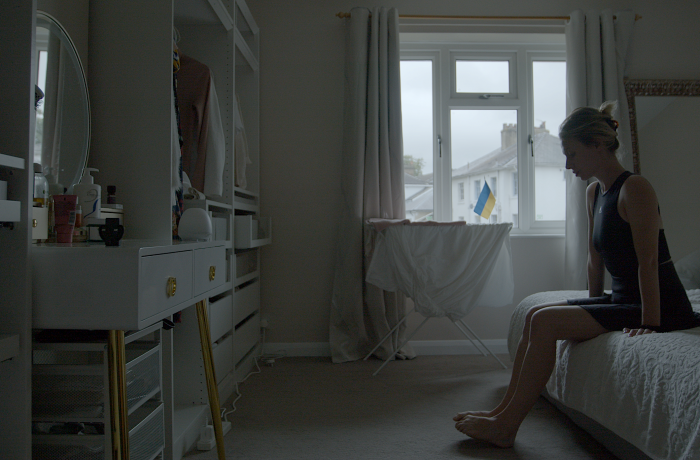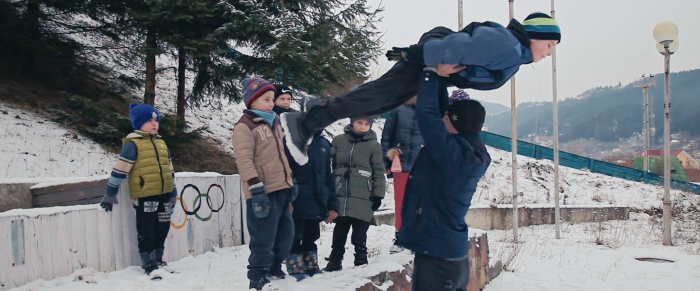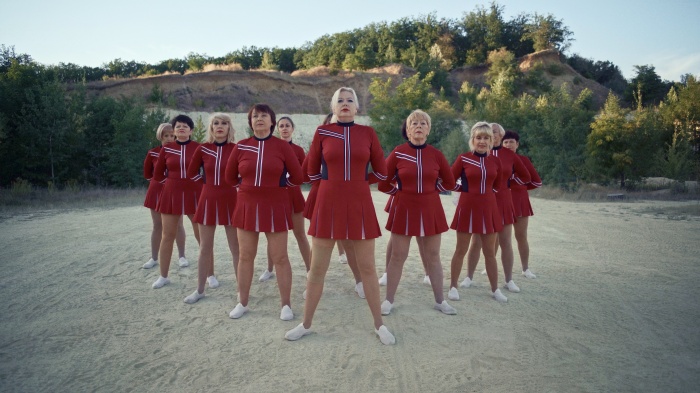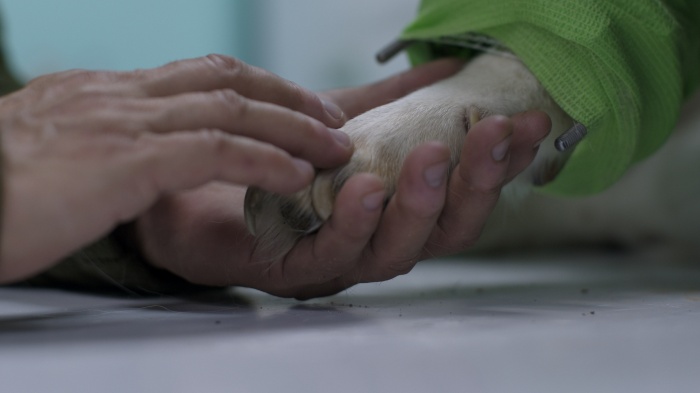
This year, the national competition will consist of 5 films. Here’s an overview of the DOCU/UKRAINE programme by Yulia Kovalenko, the programme director of Docudays UA.
The National Competition is always a special space in which films born out of Ukrainian reality receive the Ukrainian premiere. And as you know, the heaviest but also the warmest skies are over one’s home. Over the past ten years, Ukrainian documentary cinema has blossomed into a vibrant phenomenon on the international film map. Telling the story of this country, its people and the difficult struggle for freedom and independence, Ukrainian documentary filmmakers find extraordinary forms and carefully construct narratives that become not just a dry record of reality, but impressive pictures that are recognizable and understandable to viewers both in Ukraine and abroad.
This year’s DOCU/UKRAINE programme includes films that, each in a different way, depict Ukraine’s difficult path to independence and its present day through the personal stories of individual people. In this sense, Fragments of Ice by Maria Stoianova begins this journey and looks back at the years of restoration of state independence. From her figure skater father’s private VHS archives, filmed in the 1980s and 1990s both at home and during his tours abroad, the director structures a reflection on the birth and maturation of a society after the collapse of the empire — a process that continues to this day. By reviewing those painful recordings, often filled with a fresh sense of freedom and a completely new world in which Ukrainian society had to learn to achieve success and victory, the director aptly reveals how deeply Russian colonizing practices were embedded in that reality.
A still from the film Fragments of Ice
In Elevation, Maksym Rudenko also captures the process of growing up and becoming a man through the example of young students of a sports school in the Carpathians. Their demanding coach strives to toughen his students and teach them how to achieve victories and professional heights. In this painstaking process, resilience and empathy go hand in hand, and the most difficult tests occur when it becomes necessary to make one’s own life choices.
A still from the film Elevation
In A Bit of a Stranger, Svitlana Lishchynska invites us on a complex and sometimes painful journey of exploring identity across four generations of her family. After the beginning of Russia’s full-scale invasion of Ukraine, her closest people were forced to leave their hometown Mariupol, and against the backdrop of this forced separation, they had to rethink their family history and painful questions of identity.
A still from the film Nice Ladies
The heroines of Mariia Ponomarova’s Nice Ladies were also forced to say their goodbyes: with the beginning of the full-scale Russian invasion, part of the cheerleading team of women aged 50+ had to leave Kharkiv, while the other part stayed. While each of them is making her own efforts — including from the other side of the border — to help the Ukrainian Armed Forces defend the country from the occupiers, the women also have a desire to return to their favorite pastime: cheerleading. However, the director’s camera captures the invisible but increasingly tangible glass wall that is growing between the characters, depicting another extremely painful consequence of the Russian war for Ukrainian society.
A still from the film Everything Must Live